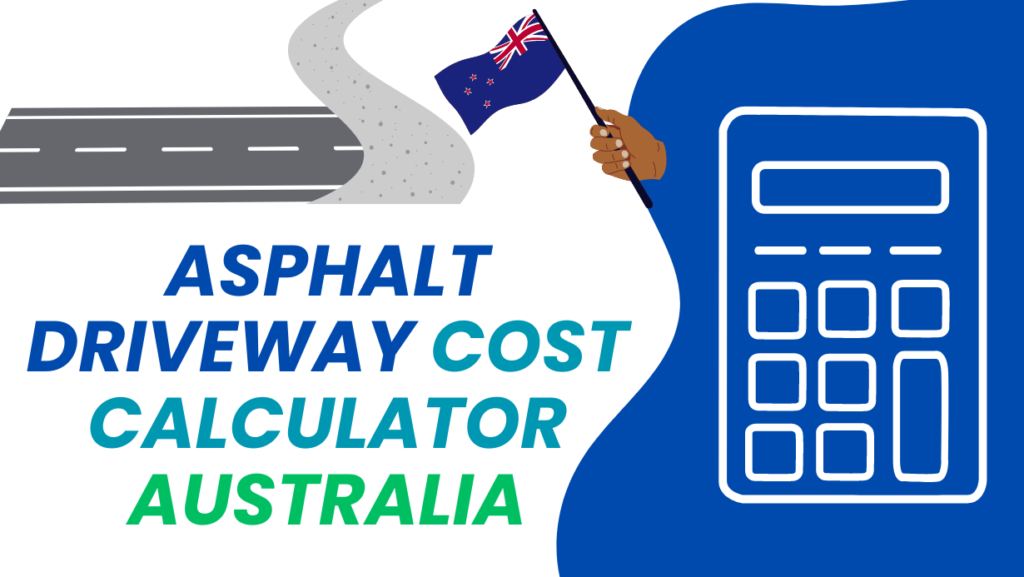Documentary Stamp Tax (DST) is a critical component of the Philippine tax system. It is levied on specific documents and transactions to ensure legal compliance and revenue collection. This tax applies to various documents, including loan agreements, property transfers, and insurance policies. In 2024, understanding and accurately calculating DST will be more critical than ever due to evolving regulations and the need for precise financial management.
Accurate DST calculations are essential to avoid penalties and ensure compliance with the Bureau of Internal Revenue (BIR) guidelines. Errors in DST calculation can lead to significant financial repercussions, making it crucial for individuals and businesses to have reliable tools at their disposal.
This blog post introduces a state-of-the-art automated DST calculation tool to simplify this complex process. Our tool offers a streamlined solution to accurately compute DST, saving time and reducing the risk of errors. By leveraging this tool, you can ensure compliance and focus on what matters most in your financial planning and transactions.
How to Use the DST Calculation Tool
Step-by-Step Guide:
Enter Transaction Amount: Begin by entering the transaction amount into the designated field. This should reflect the total value of the document or transaction you are assessing for DST. Ensure that you input the amount accurately to get a precise calculation.
Select Document Type Next, and choose the document type related to your transaction from the dropdown menu. Options may include categories such as "Loan Agreement," "Property Transfer," or "Insurance Policy." The DST rate can vary depending on the document type, so this selection is crucial for an accurate calculation.
Calculate DS Once you've entered the transaction amount and selected the document type, click the "Calculate" button. The tool will automatically compute the DST based on the current rates and your input data. This process takes just a few seconds and provides you with the DST amount payable.
Interpreting Results: After initiating the calculation, the tool will display the DST amount you owe. This result will be shown clearly on the screen, often accompanied by a calculation breakdown if applicable. Review the output to ensure it aligns with your expectations. For discrepancies or further clarification, refer to the tool's guidelines or consult a tax professional.
Using our DST calculation tool simplifies determining your tax obligations, saving you time and helping ensure compliance with Philippine tax regulations.
Understanding Documentary Stamp Tax (DST)
Definition of DST
Documentary Stamp Tax (DST) is a tax imposed on certain documents, instruments, loan agreements, and papers that are executed, signed, or notarized. In the Philippines, DST is mandated by the National Internal Revenue Code and is designed to ensure that financial and legal documents are correctly taxed. This tax is crucial for maintaining legal and financial records and funds various government projects and initiatives.
Overview of Types of Documents Affected
DST applies to a variety of documents, including:
- Loan Agreements: Contracts that detail the terms of borrowing between parties. These agreements are subject to DST to ensure the loan transactions are appropriately documented and taxed.
- Property Transfers: Transactions involving the sale or transfer of real estate properties. DST is levied to formalize the transfer of ownership and ensure tax compliance.
- Insurance Policies: Policies issued by insurance companies are also subject to DST. This includes life insurance, health insurance, and other types of coverage.
These documents are critical in personal and business transactions, and the tax helps validate their legal standing.
General Tax Rates and Variations
The DST rates vary depending on the type of transaction:
- Real Estate Sales: For property transfers, the DST rate is typically 1.5% of the property's selling price or fair market value, whichever is higher. This rate ensures that substantial property transactions are adequately taxed.
- Loan Agreements: For loan documents, DST is usually fixed at PHP 1 for every PHP 200 or a fraction of the loan's principal amount. This flat rate simplifies the tax calculation for loan transactions.
- Insurance Policies: Insurance premiums are taxed at 0.5% of the premium amount. This rate ensures that insurance transactions are taxed appropriately.
Understanding these rates and how they apply to different documents can help ensure accurate tax payments and compliance with Philippine tax laws.
Additional Resources
For accurate and up-to-date information on Documentary Stamp Tax (DST) in the Philippines, the following resources will be invaluable:
- Official Resources:
- BIR Form No. 2000: This form is essential for filing DST obligations. You can access it and find detailed instructions on the Bureau of Internal Revenue (BIR) website. Download BIR Form No. 2000
- Guidelines for Filing DST Obligations:
- DST Filing Guidelines: The BIR provides comprehensive guidelines for filing DST. These include step-by-step instructions, deadlines, and payment procedures. For detailed guidelines, refer to the BIR's DST section on its official website. Ensuring compliance with these guidelines is crucial for avoiding penalties.
- Contact Information for Further Assistance:
- BIR Contact Center: You can contact BIR's customer support for specific queries or assistance regarding DST calculations and filing. You can reach them via email at bir@email.com or call their hotline at (+63) 2-8910-5000. They offer support for all tax-related questions, including DST.
These resources will help you stay informed and compliant with DST regulations, ensuring a smooth filing process.

